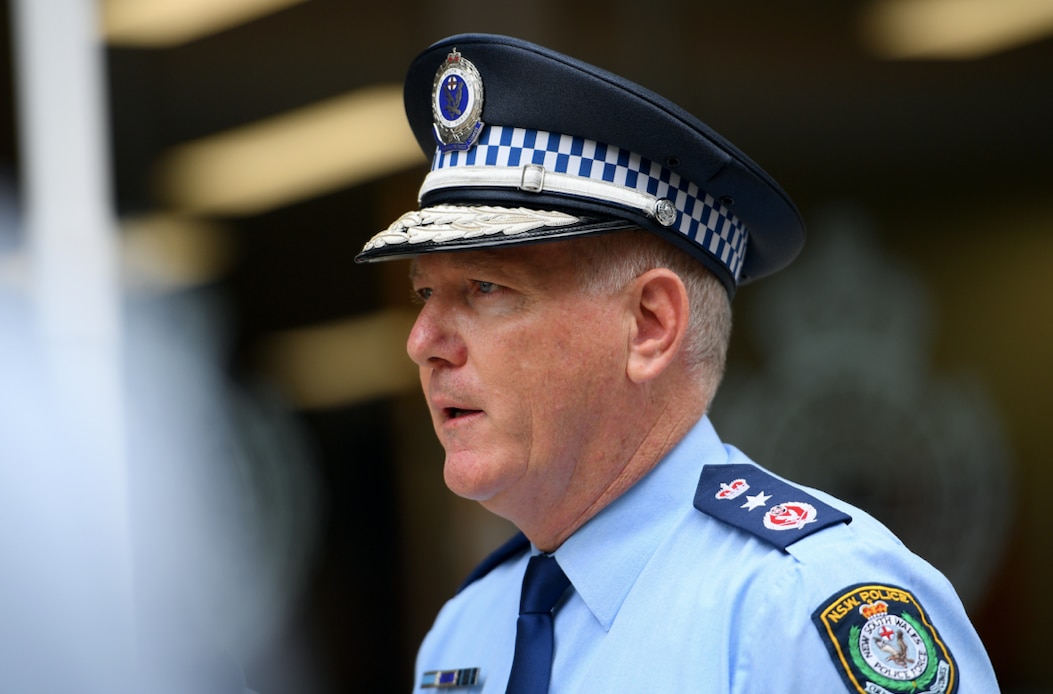Aboriginal communities have been left in the dark with "absolutely no communication," as the midnight deadline to close the Victorian-New South Wales border fast approaches, says one member of Victoria's First Peoples' Assembly.
The hard border closure was announced as a measure to contain the spread of COVID-19 and will mark the first shut down between the two states in more than 100 years.
A permit-system is being introduced to allow 'essential' border crossings, including healthcare professionals or truck drivers, or those with yet-to-be-defined "extraordinary circumstances".
The border closures come after Victorian Premier Dan Andrews also invoked a six week lockdown for Melbourne and some towns in regional Victoria, following 191 recorded cases of COVID-19 transmission within the state in the last 24-hours.
Bangerang woman and co-chair of the First Peoples' Assembly of Victoria, Geraldine Atkinson, is a Barmah resident who crosses the border into New South Wales multiple times a day.
She said she fears the day her ill husband's medication runs out.
"I collect his medication pack every fortnight so I went in early to make sure that I had that before the lockdown, so that'll last him two weeks and I said to the chemist, what will happen after that?"
"And she said, we're not really sure," she said.
The shut down includes 55 road and bridge crossings beginning midnight Tuesday.
Ms Atkinson said the closures will impact the broader Aboriginal community along the Murray, with many residents in Ms Atkinson's local area currently utilising the Viney Morgan Aboriginal Medical Service in Cummeragunga, in New South Wales.
Despite essential services becoming out of reach, Ms Atkinson said many Aboriginal communities that straddle state lines haven't yet heard from state or federal governments as to how the restrictions will impact them.
"There's been no communication whatsoever for us, ... unless you are watching the news, and you're watching television... - How are they going to know that?
"They are going to be isolated and then there's going to be punitive measures put in place, like huge fines and a whole range of other things, if you don't have those permits," Ms Atkinson said.
"They don't assist our people. That makes life difficult for our people, that makes it worse for our people."
About 650 police officers and 350 Australian Defence Force personnel will be deployed to enforce the closed border between the states and the lock down regions within Victoria. NSW Police Commissioner, Mick Fuller, said residents would be able to apply for a permit on the online Service NSW website, but residents from both states report that no online application is currently available.
NSW Police Commissioner, Mick Fuller, said residents would be able to apply for a permit on the online Service NSW website, but residents from both states report that no online application is currently available.

NSW Police Commissioner Mick Fuller addresses media Source: AAP
Residents of border towns including Albury-Wodonga, Echuca, Swan Hill and Mildura, would only need a one-off permit, said the Commissioner.
"We're trying to strike a good balance for those local communities, knowing full well people cross the borders every day for health, employment, education, and many, many other reasons," he said.
Commissioner Fuller said that border communities would be "seen differently" to other Victorian postcodes.
"We'll make it, certainly easier, for those to travel across. They will need an exemption," he said.
"It will more than likely just need to apply for a simple exemption, and that will see them through this crisis."
The spotlight has been on communication issues around COVID-19 restrictions after outbreaks were recently detected within minority communities in Melbourne.
While people like Ms Atkinson worry about information being properly disseminated to Aboriginal residents, authorities maintain a hard stance on policing.
"If you want to do the wrong thing, you'll be caught," Commissioner Fuller said.
"There will be other agencies, there will be police and defence personnel on those other crossings. I want to make sure everyone knows we're serious when it comes to issuing these fines."
As of Tuesday, there were 772 active cases in Victoria.


